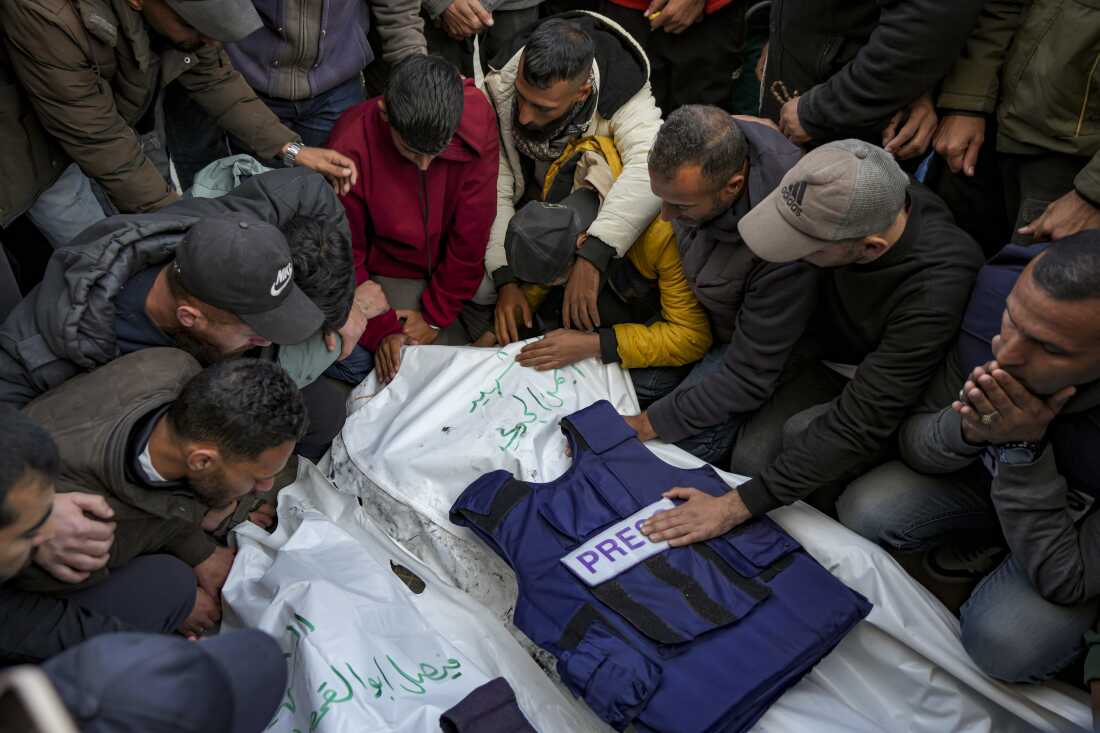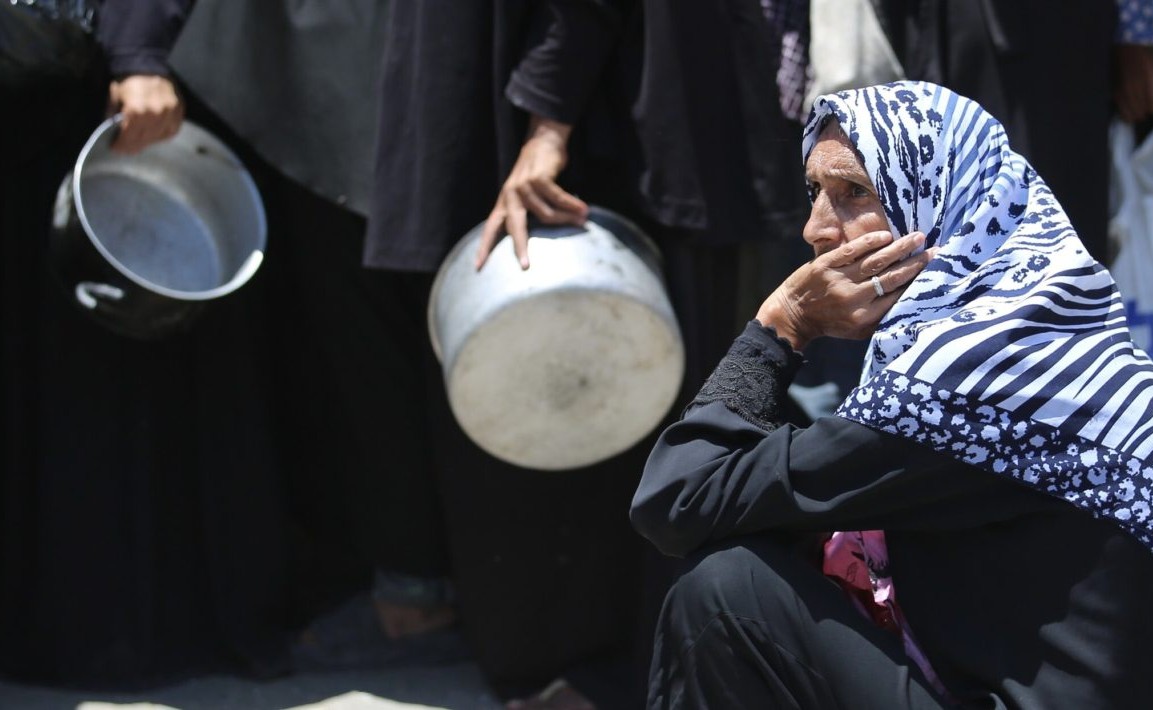
Diana Turbay: The Journalist Caught in Colombia’s Darkest Hour
June 11, 2025
Dramatic Rise in Journalist Killings: Press Emblem Campaign Report
July 15, 2025The Global Investigative Journalism Network (GIJN) has released a new chapter in its Reporter’s Guide to Investigating War Crimes, focusing on the deliberate use of starvation in armed conflict. Written by Pulitzer Prize-winning journalist Maggie Michael, the chapter explores how starvation is increasingly being deployed not as a side effect of war but as a calculated method of warfare, one that qualifies as a war crime under international law.
The guide outlines how legal frameworks such as the Rome Statute and Geneva Conventions define starvation as a violation when food, water, medicine, or humanitarian aid is deliberately withheld from civilian populations. The challenge for journalists is to go beyond documenting suffering and establish intent, proving that deprivation was not incidental, but systematic and deliberate. That means looking for patterns in attacks on food systems, markets, water sources, health services, and aid convoys.
Michael emphasises the importance of understanding “Objects Indispensable to the Survival” of civilians. When belligerents destroy crops, restrict access to clean water, or block humanitarian corridors, these actions may cross the threshold into criminal conduct. Journalists must document such cases with precision, using evidence such as satellite imagery, internal government or military documents, survivor accounts, and statistical data from relief agencies.
The guide also urges journalists to establish timelines and chains of command. Showing how a government policy or military order resulted in widespread hunger can be critical to proving responsibility. In doing so, reporters are encouraged to collaborate with legal experts, aid workers, and conflict researchers to ensure their investigations meet evidentiary standards.
Crucially, the chapter provides ethical guidelines for reporting on starvation. It advises trauma-informed interviewing, safeguarding sources in conflict zones, and being mindful of the dignity and consent of victims. Given the risks involved, safety protocols are also emphasised.
This addition to GIJN’s war crimes guide is part of a broader push to help journalists document less visible but devastating crimes. As starvation is increasingly used as a weapon in conflicts from Gaza to Sudan, the tools provided in this guide are vital for holding perpetrators accountable and exposing one of the most brutal forms of warfare.
Reference –
https://gijn.org/resource/reporters-guide-to-investigating-war-crimes-starvation/

